Saying The Right Things During Your Job Interview
What to Say | Beginning of Interview | When You Have No Experience | Self Introduction | Opinion of Ex-Boss and Past Projects | At the End of the Interview
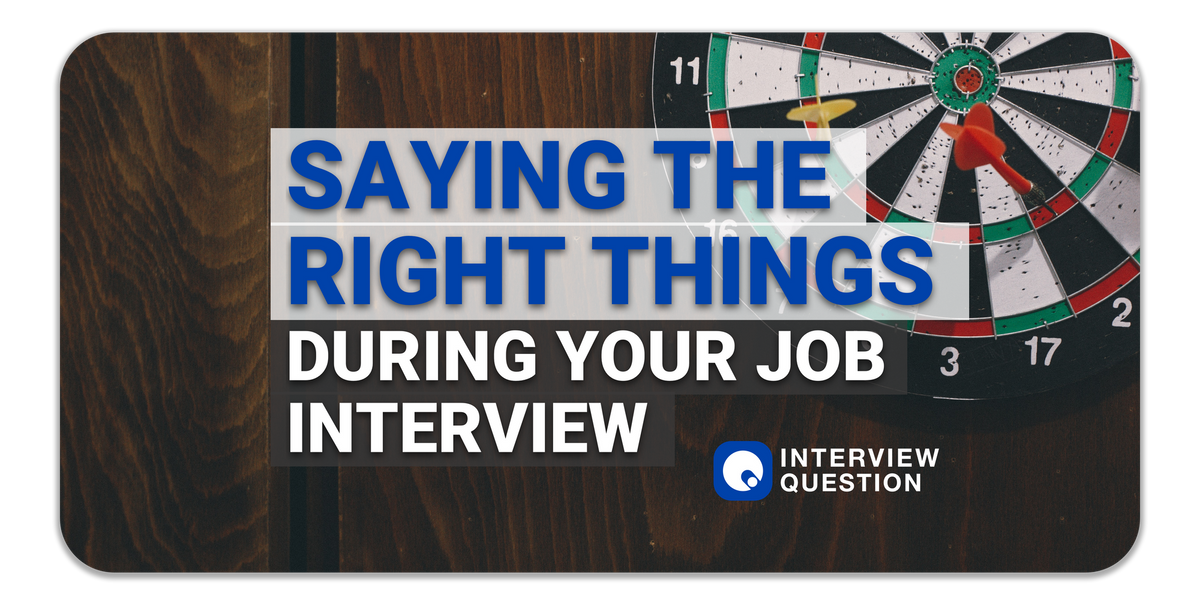
When you're looking for a new job, there's nothing worse than being rejected because you didn't say the right thing. It's not always possible to predict what questions might be asked during an interview, but there are certain phrases that you should never use.
If you want to get hired at your next job, here are some phrases that you should say during an interview.
What to say at the beginning of an interview
At the start of the interview, you should begin by saying that you're eager to learn more about the position. You should then compliment the company and their reputation. Let your interviewer know that you've done your research, and that you'd love to find out more.
The reason for starting a conversation this way is to allow you to control and set the tone which you will carry throughout the rest of the interview.
Before you get to business and go into detail, you should ensure that you do not start by doing all the talking and also hold the microphone throughout. Let the interviewers talk too. You can ask them how long they have been in business, what their objectives are, what got them started, etc.
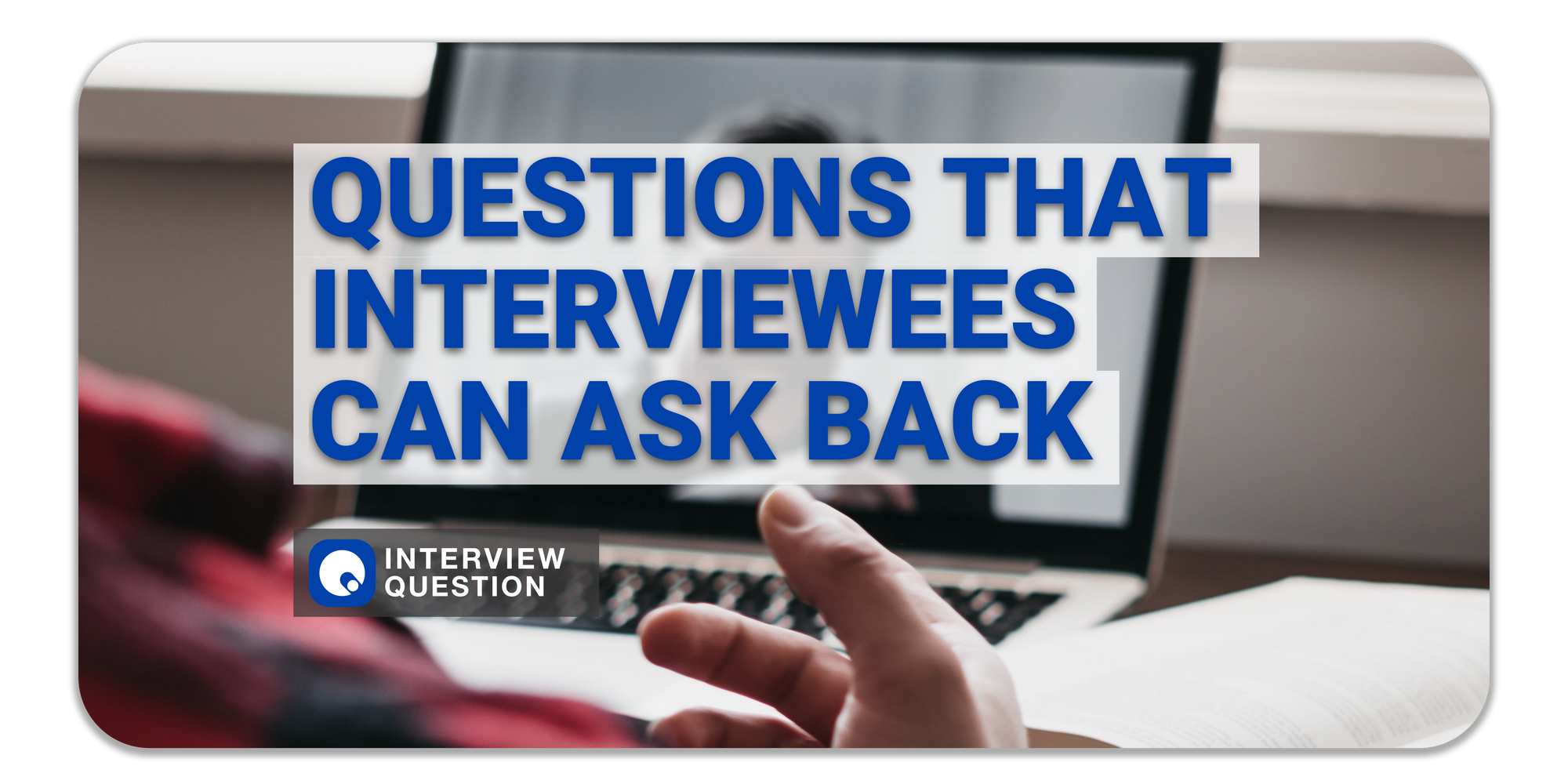
This is a great opportunity for you to gain a lot of information about your future employer and learn a lot about their company.
What to say in an interview with no experience
It is unsurprisingly common that applicants get tight lipped when they are aware they are under qualified for the position they are applying for, but somehow got through the vetting process and landed in their office. If you have no experience, or your past employment is of little relevance to the new role you are currently applying for, you need to be more open about it.
It is important to make it clear that you are eager to learn and that you are willing to pick up any available skills on the job. If you're someone who doesn't think you can learn, then it may be best not to apply in the first place. Another thing that you could mention is how much extra time and effort the company would have to put in for you because of your lack of experience.
Sincerity goes a long way. Employers want to know that you are eager to learn, and you're willing to put in the effort if it's required. Be honest but also try to be positive, as you can always use your experience for future roles.
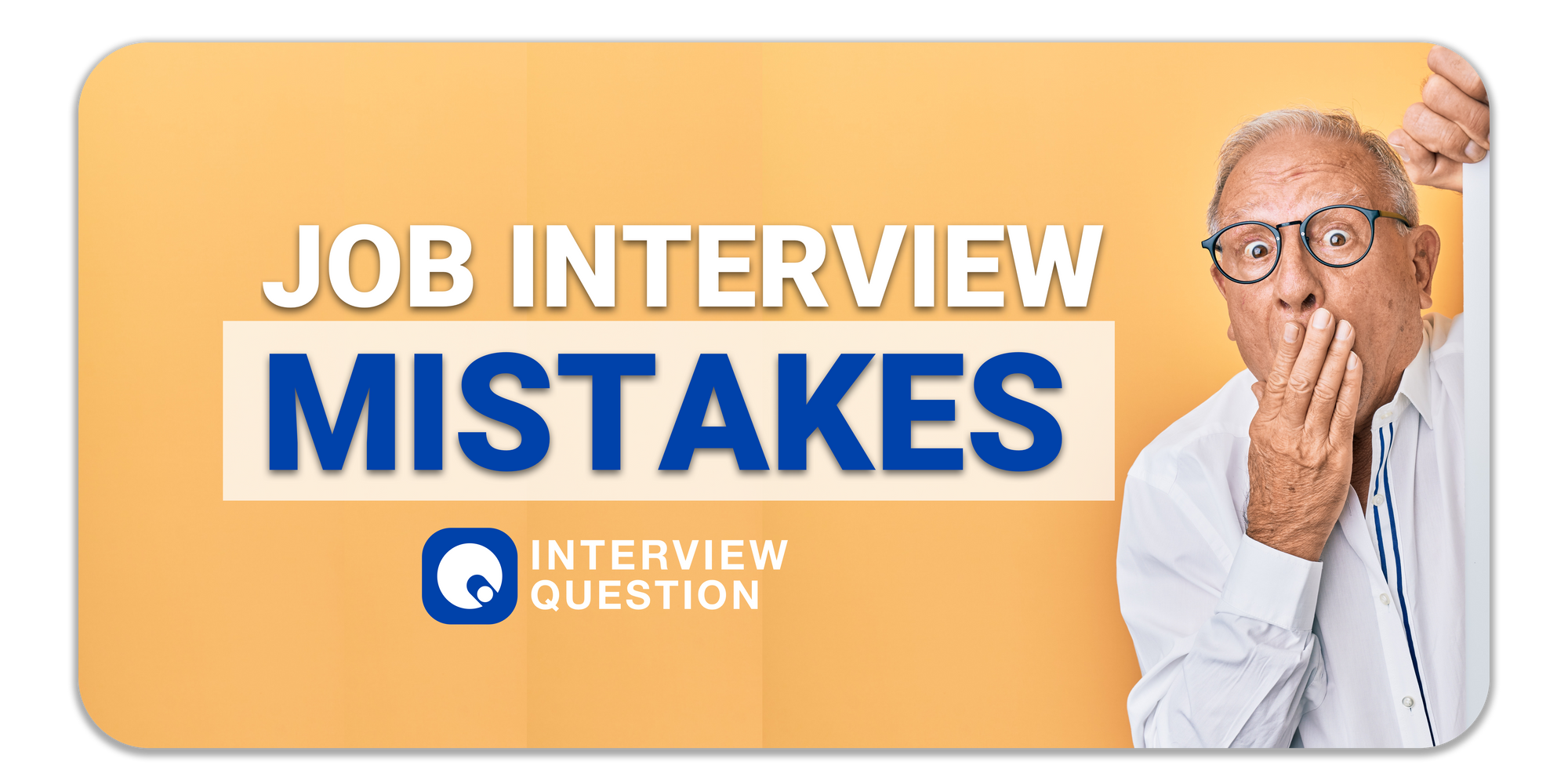
What to say in a job interview when they ask about yourself
The self introduction segment of the interview can be said to be the easiest part of the interview. There is no right or wrong answer. You can reply however you like, whether it be a list of qualifications or a personal story. Your response should be honest and genuine, but you should also make sure that you are positive and show that you have a positive outlook on your life.
You can deal with this question by stating something like: 'Well, my friends and family would probably say that I'm a top-notch cook.
However, what makes me special is my sense of humour and ability to make friends easily.' This allows you to easily give an honest reply and set the tone of the interview in a positive way. You are discussing your strengths in a positive way, which will allow the interviewers to discuss their impressions of you also in a positive light.
When interviewers ask you to describe yourself, or frame the conversation in a way that makes you choose between self-marketing and honesty, rather than telling the truth about yourself, it is best to remain true to your strengths. Leave all the bragging about your skills at home because it will likely come across as insincere.
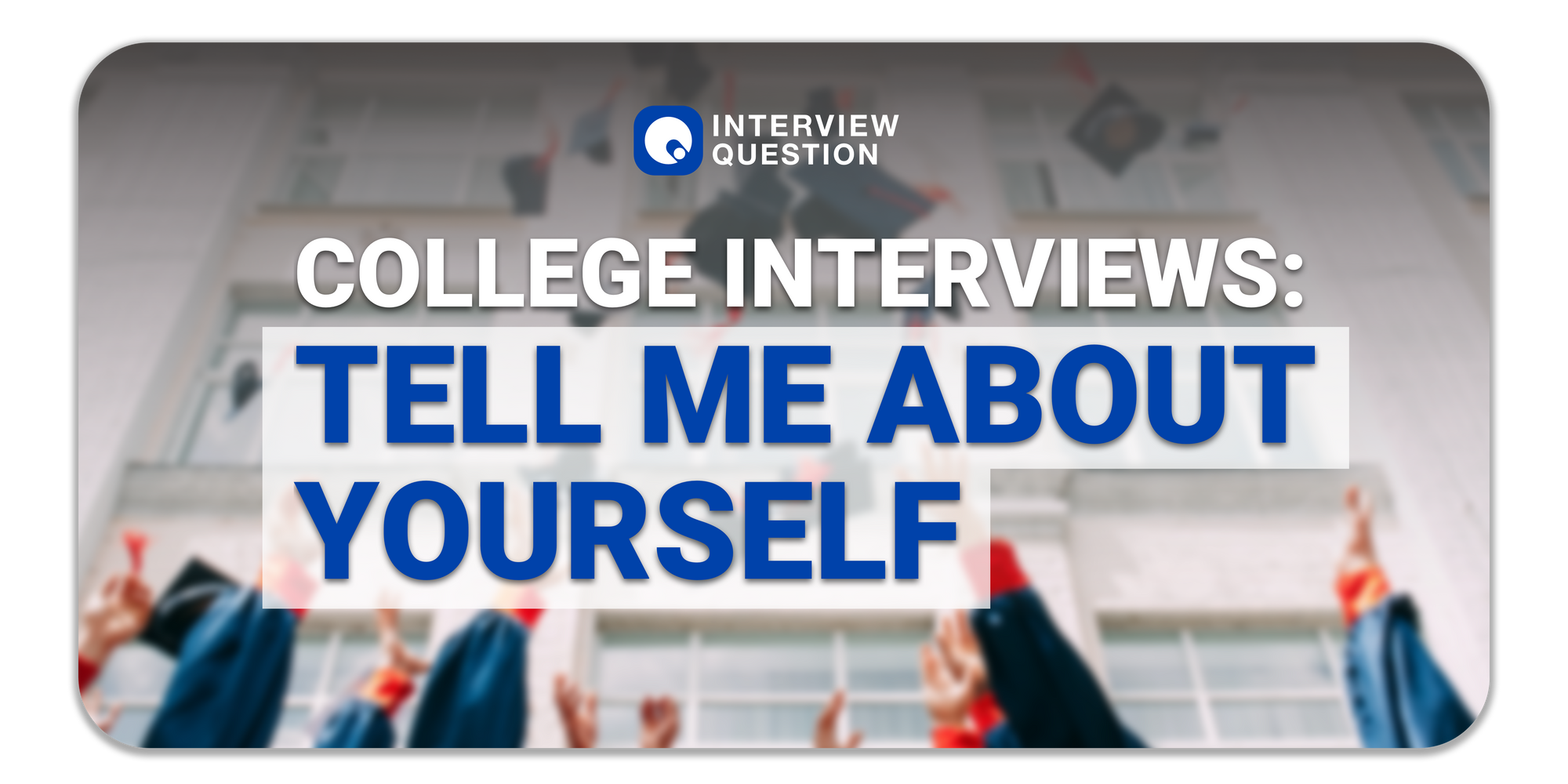
You want to finish your introduction with an honest statement that is something like: 'I would describe myself as a hard-working, honest, and reliable person who puts their all into everything they do.'
Of course, interviewers may approach the question of yourself in other ways. If they say, 'Tell me about yourself' or something similar, you should follow it up by saying something like 'I am an ambitious person that has a strong work ethic and I'm always looking to learn. My past jobs have given me the experience that I need to handle any future responsibilities.' However, the intent of the question remains the same.
What to say in an interview when your boss asks for your opinion about past projects
When you're asked to talk about past jobs during interviews, do so carefully. Why? Because you don't want to spend any more time talking about yourself than is absolutely necessary. Neither do you want to name and shame another company or person, because it will put you in a negative spotlight. Never underestimate the strength and potential of informal connections - you never know; you could unintentionally blame the interviewer's husband who was your ex-boss.
If your interviewer asks about what you did for a company in the past, it may be best to be modest rather than brag, because most interviewers are not only looking for employees with good skills but good people as well. Be honest but also try to remain positive.
Instead, you need to be prepared ahead of time with good examples of what you brought to the table when it came to your previous jobs. It is advisable that you start by talking about the projects that were the most significant or had some kind of impact for your employer, but use examples where you demonstrated leadership skills, showed initiative and made contributions to the company.
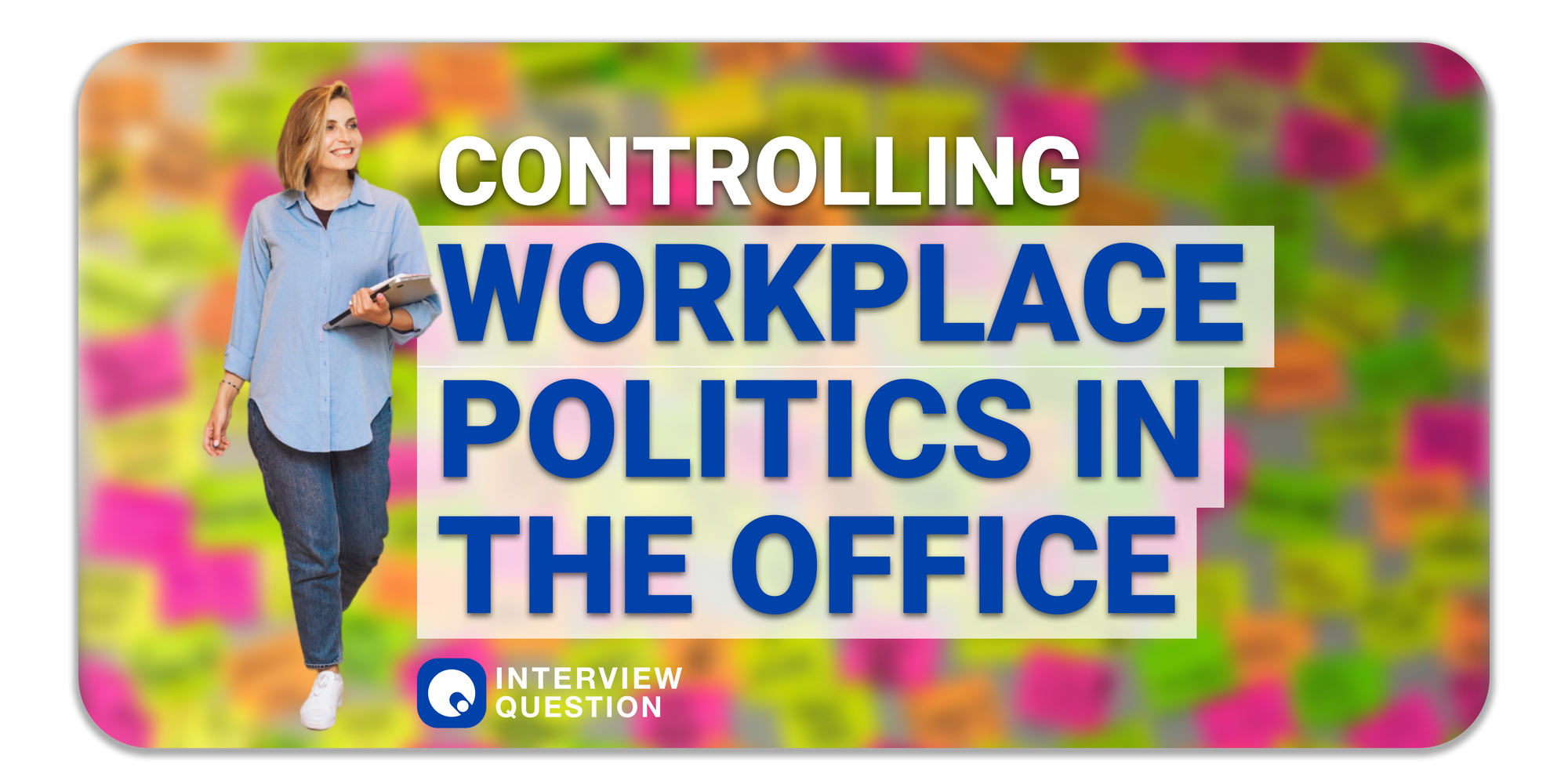
Make your opinion unbiased but skewed in a generally positive light. Try not to introduce workplace politics or politically questionable (or charged) statements which could be read the wrong way.
Then, you also need to continue the interview on the same positive note that you started off on.
What to say at the end of an interview
With time, most topics which were planned for discussion would have been covered. It is time to end the interview. As an interviewee, you need to leave with a positive impression, so be sure to do everything you can to leave this with the interviewer.
Going along with the subject of the interview, you need to say something like: 'I'm really interested in your company and what it has to offer.' This is just a polite way of reminding them that you are keen on being considered for this job.
Offer some words of gratitude by saying something like: 'Thank you again for giving me the opportunity to come in here today.
While you do not need to go into detail about what you will be doing for the company, you can say something like: 'I will work hard and I will make sure I put your company first.' This shows the interviewer that you are willing to do whatever it takes to succeed in your new environment.
You also need to take this time to express how much you enjoyed the interview process before you leave the meeting. If you have learned something new about the company, you can mention it. If you are confident, take this time to say something like: 'I enjoyed talking with you today, especially about…'
If there is an open opportunity for questions, now is the time to ask your interviewer! Interview questions you could ask are:
- Which department will I be managed under, and who are my colleagues like?
- What is the office and team dynamics like in this department?
- What are some general expectations of the company?
More questions can be found here in the next article.
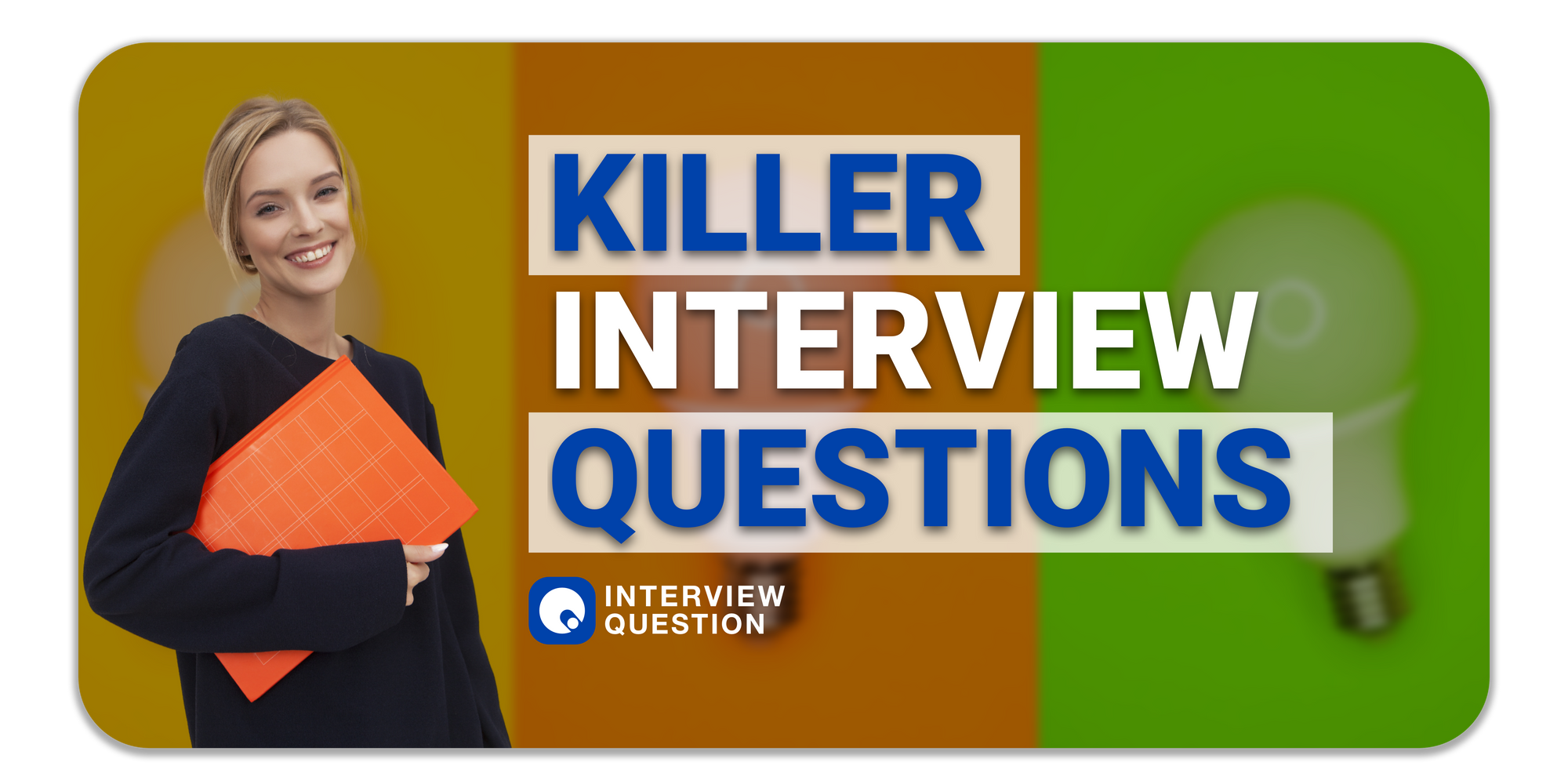
Finally, at the end of the interview, be sure to reiterate your interest in working for the company. For example, you can say that you are very interested in working for them and that if they could offer you a job that would be great. This should wrap up the interview session and you can take your leave.

